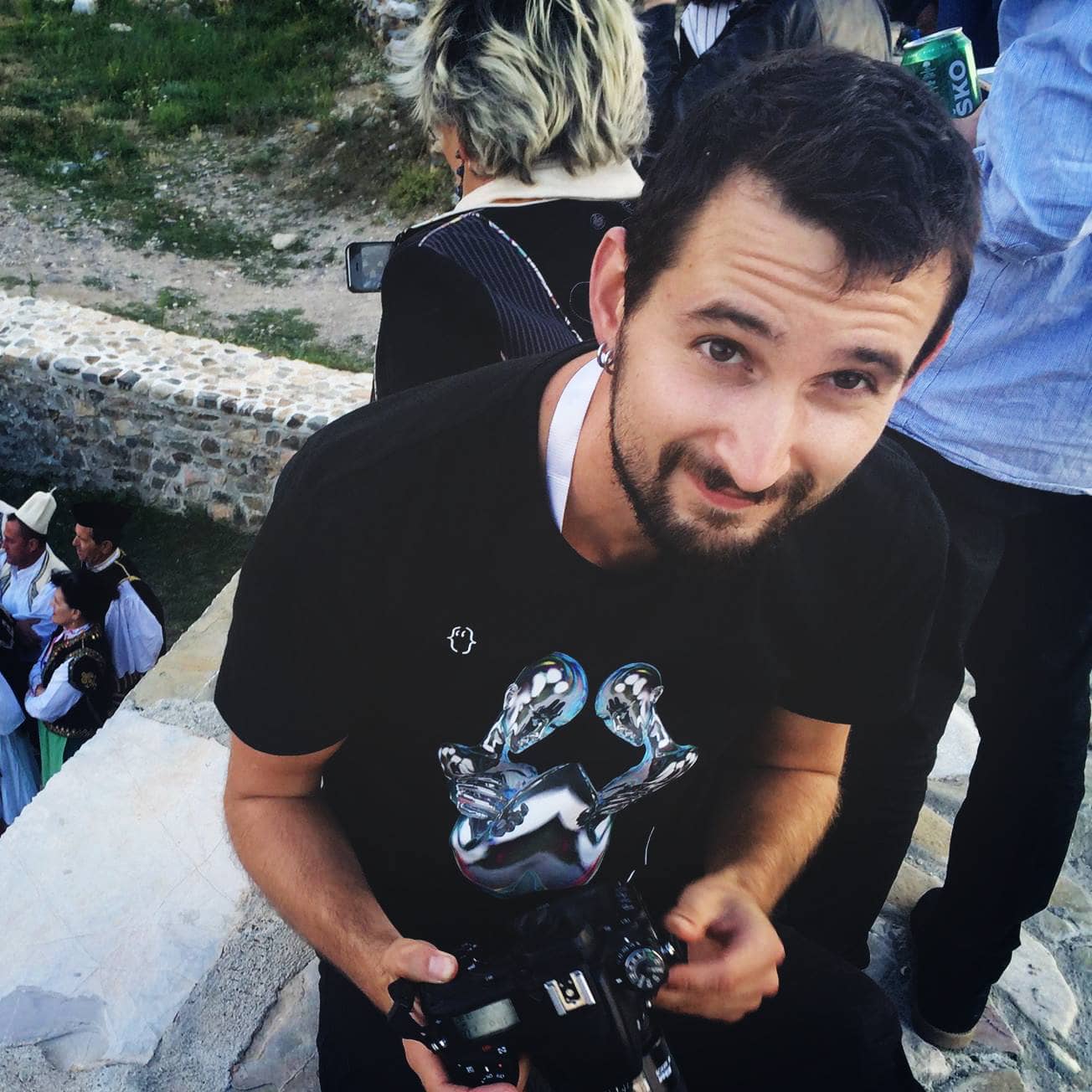
Visions of the future: DokuTech
K2.0 asks DokuFest attendees to look into the unknown.
|06.08.2017
|

Jonny Wrate
Jonny Wrate is a writer and documentary researcher based in Sarajevo.
This story was originally written in English.
KOSOVO2.0
Loading...

